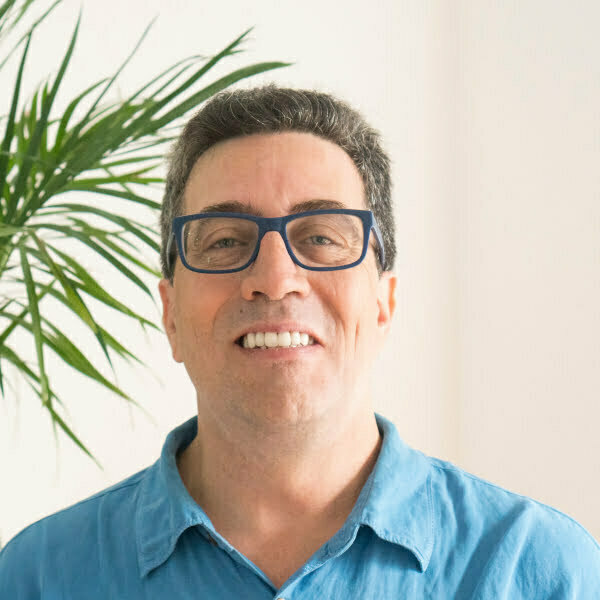



Speech therapy is an essential component of stroke recovery and neurorehabilitation. After a stroke or traumatic brain injury, it is crucial to quickly start speech and language therapy to aid in the recovery process and regain communication abilities.
In this blog post, we will discuss the importance of early intervention and the role of speech and language assessment, augmentative and alternative communication, and dysarthria treatment in the recovery process.
Stroke recovery is a complex and challenging process, but with the help of speech therapy, it can be made easier.
Strokes can impact the ability to speak and communicate effectively, which can be a frustrating and isolating experience for patients. Early intervention through speech and language assessment is crucial to determining the extent of the communication impairment and developing a personalized therapy plan.
A speech-language pathologist will assess the patient’s cognitive-linguistic abilities, oral motor function, and overall speech production to determine the most effective course of therapy.
Speech therapy can also incorporate the use of augmentative and alternative communication (AAC) devices to aid in communication.
AAC devices range from simple communication boards to high-tech speech-generating devices. These devices can help patients express their needs, wants, and thoughts, even if they are unable to speak.
In combination with traditional speech therapy techniques, AAC devices can greatly enhance the recovery process and improve overall communication abilities.
Dysarthria is a common speech disorder that can occur as a result of a stroke or traumatic brain injury.
It is characterized by slow, slurred, and difficult speech. Early dysarthria treatment through speech therapy can greatly improve speech intelligibility and overall communication abilities.
Speech-language pathologists use a combination of exercises and techniques to improve oral motor control, breathing, and overall speech production.
In conclusion, early intervention through speech and language assessment, augmentative and alternative communication, and dysarthria treatment is crucial for a successful stroke recovery and neurorehabilitation process.
Speech therapy plays a critical role in helping patients regain communication abilities and improve quality of life.
Don’t wait, start speech therapy as soon as possible for the best chance of a successful recovery. If you or a loved one has suffered from a stroke or traumatic brain injury, reach out to a speech-language pathologist today to start the journey to improved communication and a better life.

Seth Koster M.S. CCC-SLP



